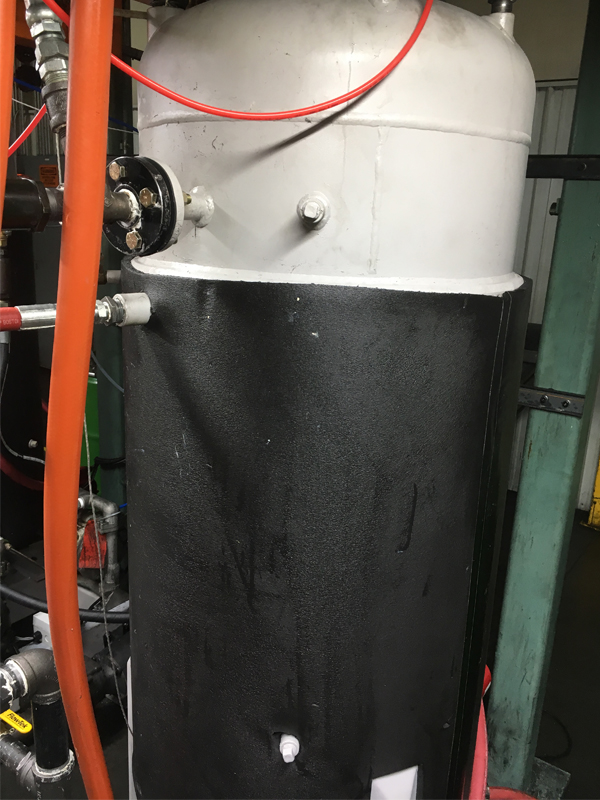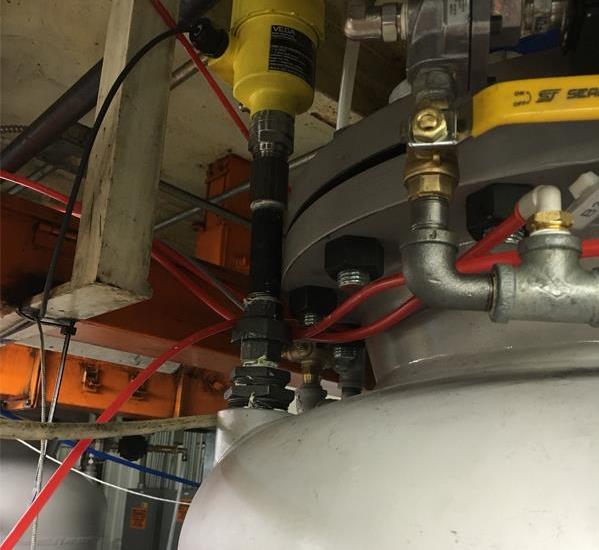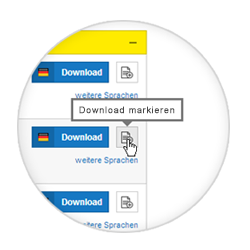Monitoring the level of molten polyethylene for car parts
More than ever before, a good portion of our cars are made from plastics and plastic composites. According to the American Chemistry Council, plastics account for approximately 50 percent of the volume of a typical vehicle. Using plastic in cars helps achieve better fuel efficiencies and improves vehicle safety. Many times, these plastic parts are made of polyethylene, and recently, VEGA Americas helped an auto parts manufacturer track the level in their tanks.
Making a measurement in the tightest of spaces
 An auto parts manufacturer responsible for making vehicle interiors, steering wheels, exterior moldings, and trim pieces for large auto manufacturers hadn’t been getting level measurements in all 30 of their polyethylene tanks – a product with poor reflective properties. In a particular plant, the tanks are very small – roughly five feet tall and about a couple feet in diameter. On top of the tanks, there’s only a single 1” process connection, and it’s pushed to the sidewall because of a bulky mixer mounted on top. To make matters more complicated, there’s little to no headspace above the vessel to install a guided wave radar.
An auto parts manufacturer responsible for making vehicle interiors, steering wheels, exterior moldings, and trim pieces for large auto manufacturers hadn’t been getting level measurements in all 30 of their polyethylene tanks – a product with poor reflective properties. In a particular plant, the tanks are very small – roughly five feet tall and about a couple feet in diameter. On top of the tanks, there’s only a single 1” process connection, and it’s pushed to the sidewall because of a bulky mixer mounted on top. To make matters more complicated, there’s little to no headspace above the vessel to install a guided wave radar.
Creative mounting made possible with the VEGAPULS 64
 Because of the low dK product and the close proximity to the sidewall, VEGA representatives suggested testing a VEGAPULS 64 on three of the vessels. To bypass the large mixer flange on top of the tank, installers had to reduce the 1” threaded process connection to a ¾” thread and mount an 8” extension. Because of the VEGAPULS 64’s versatility, the ¾” connection was no problem. After constructing a process connection that would work and commissioning the radars, installers were able to get a reliable signal.
Because of the low dK product and the close proximity to the sidewall, VEGA representatives suggested testing a VEGAPULS 64 on three of the vessels. To bypass the large mixer flange on top of the tank, installers had to reduce the 1” threaded process connection to a ¾” thread and mount an 8” extension. Because of the VEGAPULS 64’s versatility, the ¾” connection was no problem. After constructing a process connection that would work and commissioning the radars, installers were able to get a reliable signal.
Mounting on sockets
We need your consent
This content is provided by an external provider. If you activate the content, personal data may be processed and cookies set.
A solution worth repeating
Find out more about the capabilities of 80 GHz radar:
Export this article
Download as PDFShare this article
Comments ({{comments.length}})
{{getCommentAuthor(comment, "Anonymous")}} {{comment.timestamp | date : "dd.MM.yyyy HH:mm" }}
{{comment.comment}}





